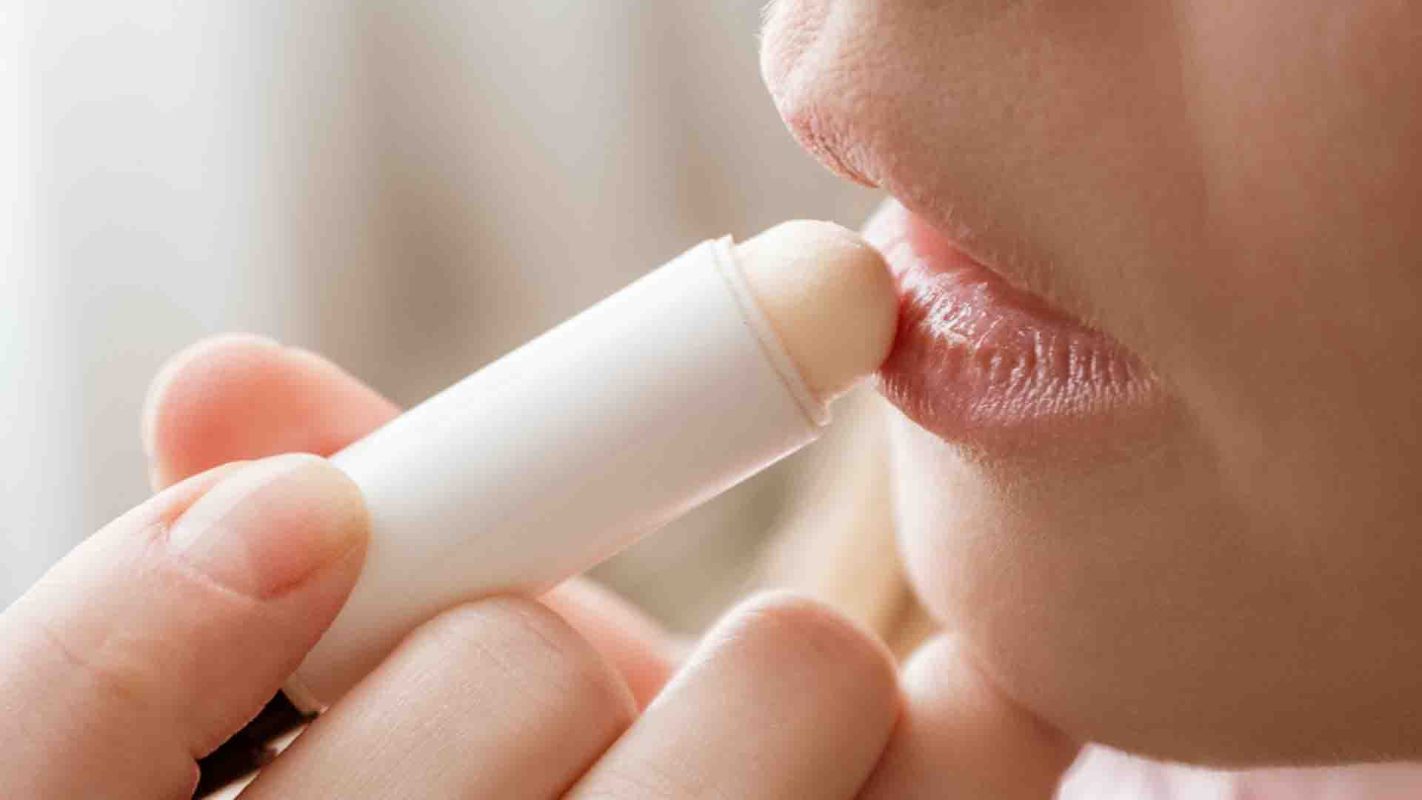From plastics to yoga pants, many items in our daily lives come from petroleum, which is oil. But just because these products are ubiquitous doesn't mean they're the best option.
That's especially true for lip balms.
What is petroleum jelly?
Petroleum jelly, also known as petrolatum, is a jelly-like substance that is a byproduct of petroleum.
A chemist is credited with discovering petroleum jelly after watching drillers heal their wounds with a gooey substance that came out of drilling rigs. This so-called "rod wax" was transformed into what we now know as Vaseline.
Today petroleum jelly has several uses, including treating scars and preventing diaper rash.
Why is petroleum jelly a problem?
As it turns out, petroleum jelly may not have the "moisturizing" power we think it has.
"While petroleum derivatives may seem like they give a moisturizing effect as an ingredient in lip balms, they do not actually moisturize," Francesco Clark, founder of clean beauty brand Clark's Botanicals, told Refinery29.
Applying a petrolatum-based balm gives you the deceptive instant gratification of soft lips. It works by sealing skin with a water-protective barrier. This is great for locking in moisture, but it does not make petrolatum the best option for adding moisture back to dry lips.
"Companies use it because it's an inexpensive alternative. It creates a seal on the skin, like Saran wrap," Clark added.
On top of not truly moisturizing your lips, the production of petroleum jelly causes some serious damage to the planet. Crude oil refineries are a significant source of harmful carbon pollution, releasing approximately 527,000 tons of it each year and contributing to rising temperatures around the world.
What are the best alternatives to petroleum-based lip balm?
Our everyday choices — like driving an electric vehicle, conserving energy by unplugging devices, and even deciding which lip balm to use — can positively impact the planet.
If you want a lip balm that will keep your lips hydrated even through the coldest winters, we've got you. Look for products with ingredients like beeswax, jojoba oil, shea butter, and calendula oil. These are natural alternatives to petroleum jelly that do less damage to the planet and moisturize your lips.
One of our favorites is Fleur & Bee's vegan lip balm made from plant stem cells and coconut oil.
Want more? Follow The Cool Down on Instagram and join our Weekly Newsletter for cool stories and easy tips that save you money, time, and our planet.








